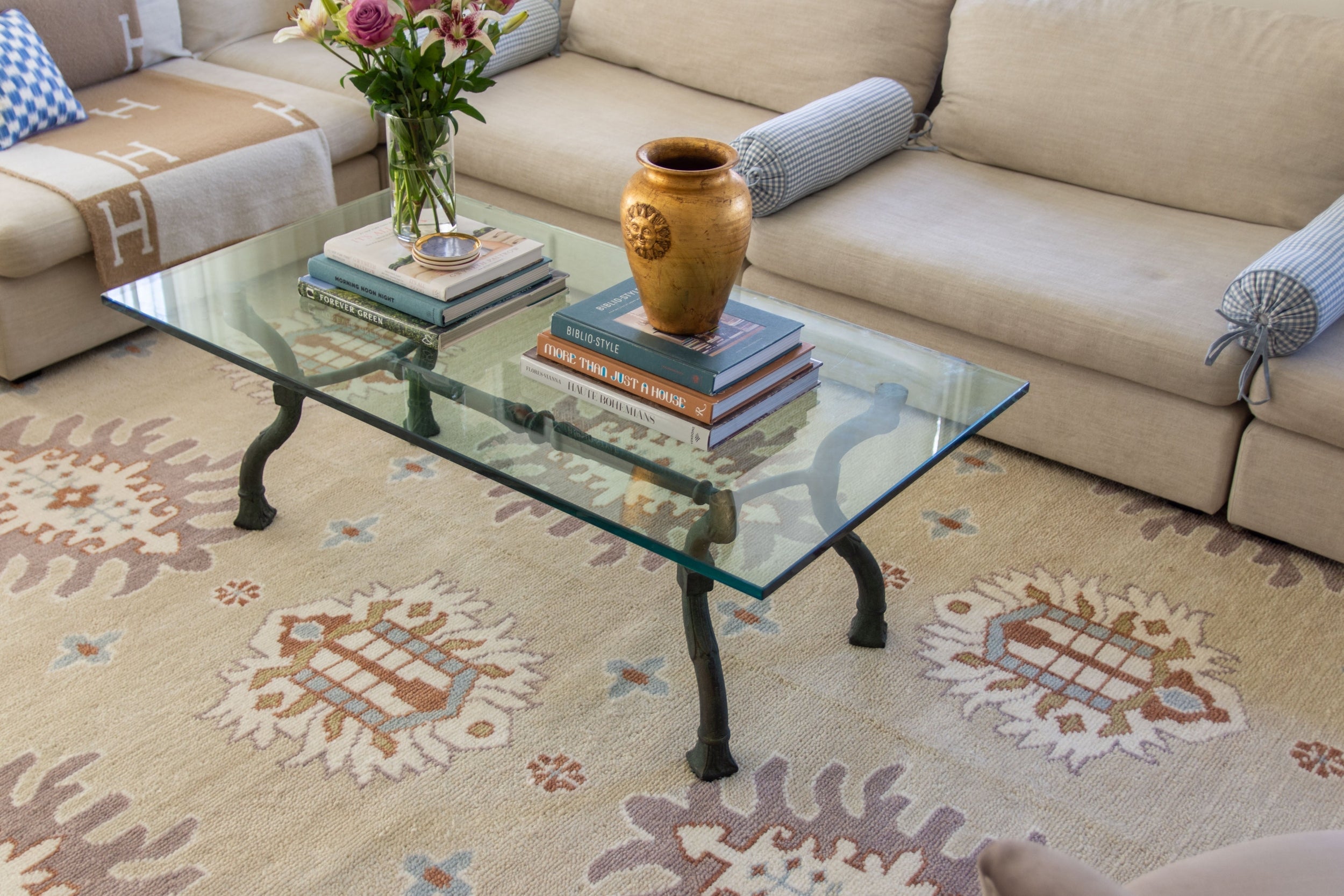Improve Your Roof Quickly by Following These Contracting Tips
Improving your roof doesn't have to be a daunting task. Whether you're dealing with repairs, replacements, or upgrades, following smart contracting tips can streamline the process and ensure quality results. Here are detailed tips to help you enhance your roof efficiently and effectively. By following these guidelines, you'll be able to navigate the complexities of roofing projects with confidence, knowing you're making informed decisions every step of the way.
Roof Rejuvenation
This process typically includes thorough cleaning to remove debris, algae, and moss, followed by repairs to fix damaged shingles, flashing, or gutters. Applying protective coatings or sealants can enhance the roof's resistance to weather elements and UV radiation, further prolonging its durability. For roof rejuvenation, read more here and discover how to enhance your home's protection and curb appeal effortlessly. Roof rejuvenation is a cost-effective alternative to replacement, providing homeowners with a sustainable option to maintain and enhance their roof's performance for years to come.
Understand Your Roofing Materials
Different roofing materials have varying lifespans, costs, and maintenance requirements. Understanding the pros and cons of each material will help you make an informed decision that fits your budget and aesthetic preferences. Whether you're considering asphalt shingles, metal roofing, tile, or cedar shakes, research their durability, energy efficiency, and compatibility with your local climate.
Asphalt Shingles
Asphalt shingles are popular for their affordability, ease of installation, and variety of styles and colors. They typically have a lifespan of 15-30 years depending on quality and climate. These shingles are versatile and can withstand moderate weather conditions, making them a practical choice for many homeowners. However, in areas with extreme temperature fluctuations or frequent storms, they may require more frequent replacement or maintenance to ensure longevity.
Metal Roofing
Metal roofs are known for their durability, longevity, and energy efficiency. They can last 40-70 years or more, often outlasting other roofing materials. Metal roofs are resistant to fire, rot, and mildew, and they shed snow and ice effectively. They are available in various styles, including corrugated panels, standing seam, and metal tiles, offering aesthetic versatility. While metal roofing may have a higher upfront cost compared to asphalt shingles, its long lifespan and minimal maintenance requirements can result in cost savings over time.
Tile Roofing
Tile roofs, made from materials such as clay, concrete, or slate, are prized for their beauty, durability, and natural insulation properties. They can last 50-100 years or more with proper maintenance and are resistant to fire, insects, and rot. Tile roofs are available in different shapes, colors, and textures, allowing homeowners to achieve a distinctive architectural look. However, they are heavier than other roofing materials and may require additional structural support.
Plan for Weather Conditions
Timing your roofing project to avoid inclement weather is crucial for minimizing disruptions and ensuring quality workmanship. Consult with your contractor to schedule the project during a season with favorable weather conditions for roofing work in your area. Additionally, consider how weather patterns such as rain, snow, or extreme temperatures may affect the installation or repair process. Proper planning will help mitigate potential delays and ensure that your roof is installed or repaired efficiently and effectively.
Communicate Clearly with Your Contractor
Effective communication with your contractor is key to a successful roofing project. Clearly articulate your expectations, preferences, and concerns from the outset. Discuss project timelines, milestones, and any potential issues that may arise during the work. Maintain open lines of communication throughout the project to address any questions or changes promptly. A collaborative approach will help ensure that both you and your contractor are on the same page throughout the roofing process.
Prioritize Proper Ventilation
Proper ventilation is essential for maintaining the longevity and performance of your roof. Inadequate ventilation can lead to moisture buildup, which can cause mold, mildew, and premature deterioration of roofing materials. During your roofing project, ensure that your contractor addresses ventilation requirements by installing ridge vents, soffit vents, or other ventilation systems as needed. Proper ventilation not only extends the life of your roof but also improves energy efficiency by reducing heat buildup in the attic space.
Monitor Progress and Inspect the Final Product
Throughout the roofing project, stay informed about the progress and quality of workmanship. Regularly inspect the work site to ensure that the contractor is adhering to the agreed-upon specifications and using the correct materials. Address any concerns or discrepancies with your contractor immediately to prevent issues from escalating. Once the project is complete, conduct a final inspection to verify that the roof has been installed or repaired to your satisfaction. A thorough inspection will give you peace of mind knowing that your roof is in optimal condition.
Improving your roof doesn't have to be a complicated process when you follow these contracting tips. By choosing the right contractor, understanding your materials, prioritizing ventilation, planning for weather conditions, communicating effectively, and monitoring progress, you can enhance your roof quickly and efficiently. Investing in your roof is an investment in the long-term integrity and value of your home.
Browse by Category

Design Projects
Explore interiors from client work and personal renovations — layered, livable, and always in progress.
read more →
Collaborations
From product launches to styled spaces, discover the brand stories I’ve helped bring to life.
read more →
The Notebook
A growing archive of iconic designers, inspiring artists, and unforgettable design moments.
read more →
Travel by Design
Wander with a designer’s eye — from charming hotels and city guides to visual inspiration abroad.
read more →





